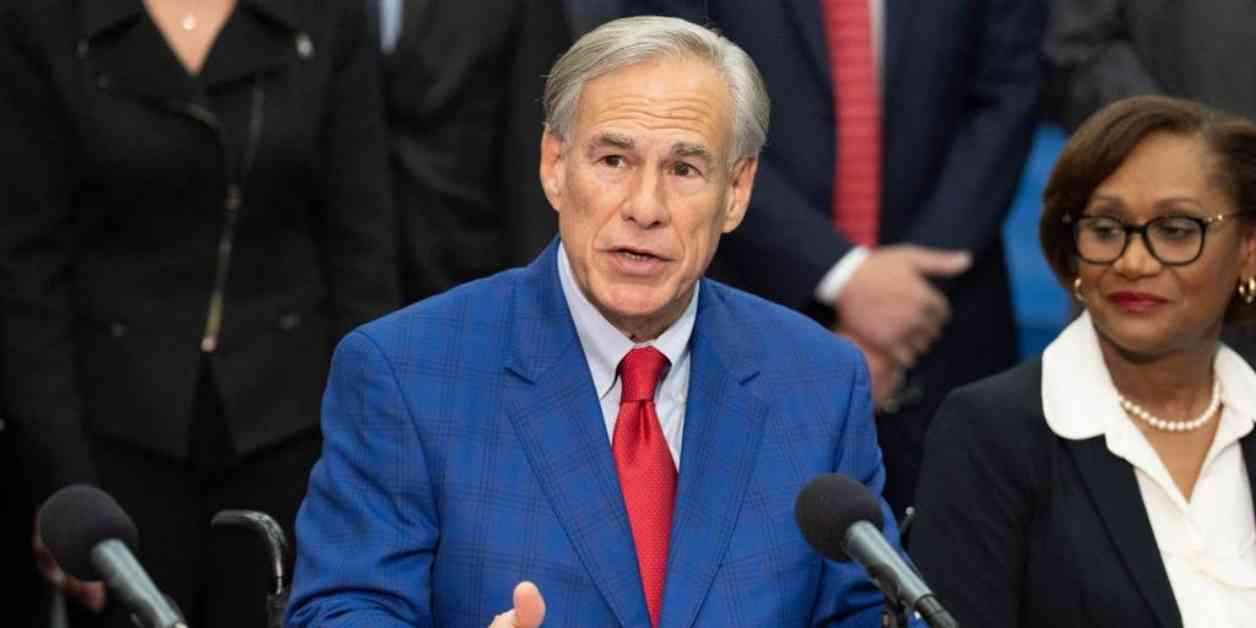Texas Governor Orders State Employees Back to Full-Time Office Work
Texas Governor Greg Abbott has recently made a decision to follow the footsteps of the Trump administration by mandating a return to full-time office work for all state employees. This move, which requires employees to be physically present in the office five days a week, marks a significant shift in the state’s approach to work arrangements.
Governor Abbott’s decision comes in the wake of President Donald Trump’s address to Congress, where he highlighted the issue of federal workers not reporting to work as required. In response, Abbott aims to bring accountability and efficiency back to the state workforce by requiring all employees to return to the office full-time.
Implications for State Employees
While Governor Abbott has not specified a deadline for the return to the office, thousands of employees received an email from Texas Workforce Commission Executive Director Ed Serna stating that they must resume full-time office work by March 31. This directive underscores the state’s commitment to ensuring that public servants are actively engaged in their work on behalf of the citizens of Texas.
Deputy press secretary Eduardo Leal emphasized the importance of having state employees present and engaged in their work, stating that remote work policies should prioritize the efficient use of taxpayer dollars. The shift back to in-person work is seen as a necessary step to align state agencies with the expectations of the public.
Challenges and Responses
The transition back to the office will pose challenges for many state agencies, particularly in the context of limited office space and downsizing efforts. Myko Gedutis, Vice President of the Texas State Employees Union, expressed concerns about the availability of office space to accommodate all returning employees, highlighting the need for thoughtful planning and consideration.
On the other hand, the Downtown Austin Alliance (DAA) sees the return of federal employees to in-person work as a positive development for the city’s economic vitality. DAA President and CEO Davon Barbour emphasized the importance of a consistent office presence in downtown Austin, noting the benefits it brings to local businesses and the overall urban environment.
In conclusion, the decision to mandate full-time office work for state employees in Texas reflects a broader trend towards reevaluating work arrangements in the post-pandemic era. While challenges may arise in the implementation of this policy, the goal of promoting engagement, efficiency, and economic growth remains a central focus for state leaders.


